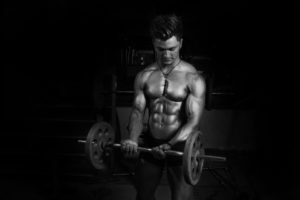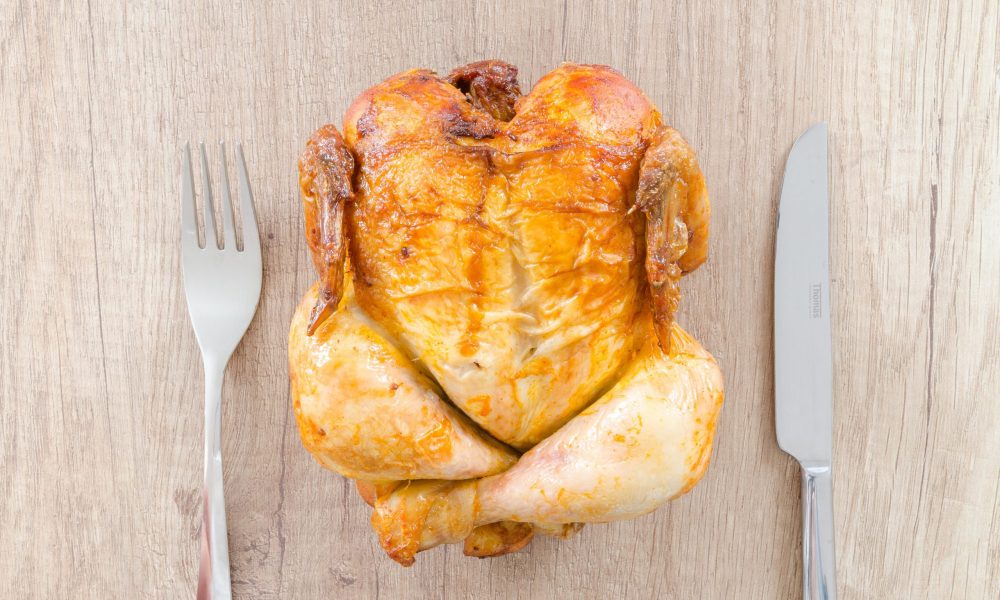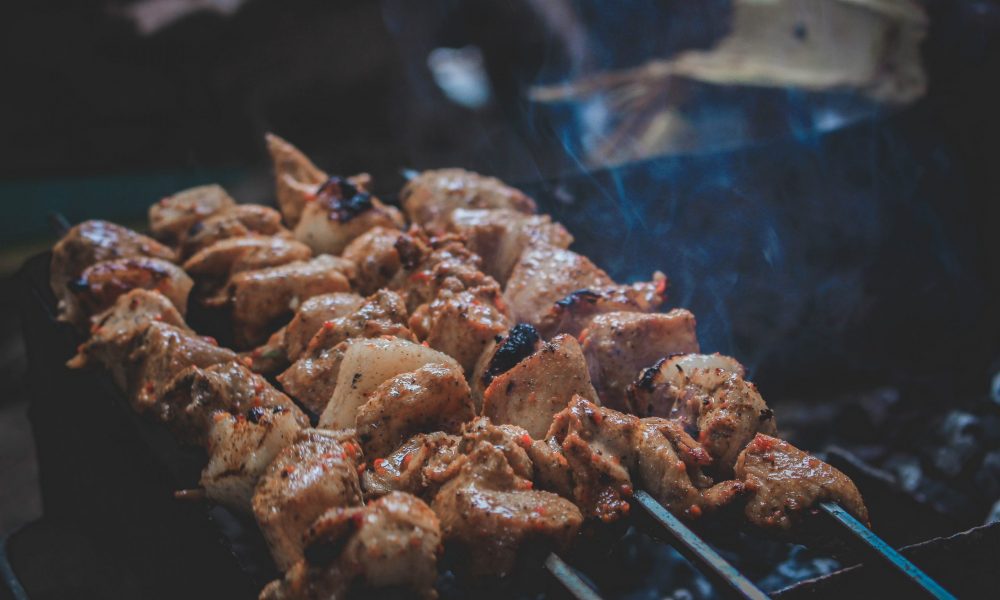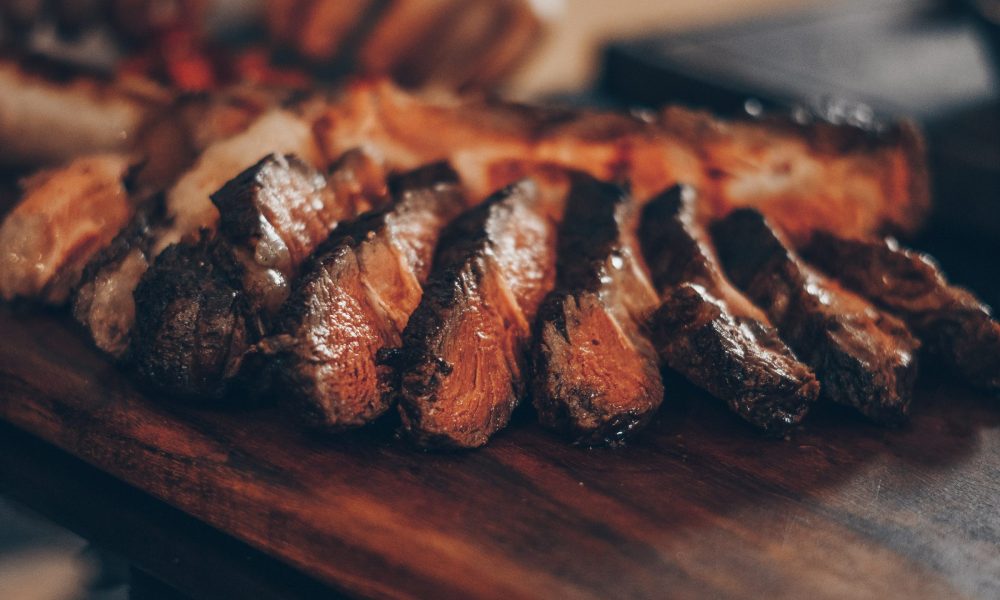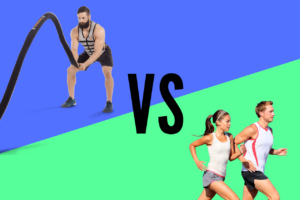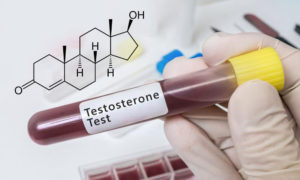In Campbell’s study, if you just read the abstract (synopsis for research papers), you would think more protein is better for recomping (16).
This study compared a high protein intake of at least 2.5g/kg/day against a low protein group with at most 0.9g/kg/day in trained aspiring female physique athletes.
This study designed and controlled the training program very well (kudos for that), but didn’t control for caloric intake, so we have no clue what the energy balance difference was between groups. They also didn’t control for non-muscular water gain which can confound results (18).
The results found the high protein group recomped significantly better by gaining more muscle and losing more fat.
The 0.9 limit in the low protein group is so questionable from a design perspective because that’s such a suboptimal dose for lifters which the authors even addressed in the paper describing it as what average sedentary people consume.
So the interpretation shouldn’t be “more protein increases your odds of recomping or enhances the effects of it.” The interpretation is what I mentioned earlier, there are no body composition benefits to protein beyond an already optimal dose (1.6-1.8g/kg/day) which the authors touched on (17).
In fact, besides the Antonio studies, all the other studies they cited in his paper supports this. As you go from suboptimal protein towards optimal, you get better body composition results, but going past optimal has not been shown to be better.
If that were the case, all you can eat shrimp at Red Lobster would produce some of the leanest most jacked customers ever.
Another confounding factor in this study was protein timing. The high protein group got fed an optimal pre and post-workout protein timing protocol while the low protein group got a suboptimal version which they mentioned as well.
Furthermore, I don’t disagree with the authors that body recomposition can happen in a deficit or surplus along with occurring in trained lifters, I just disagree with the interpretation of more protein enhancing body recomposition.
Once optimal protein intake is achieved, body composition benefits are maximized. Any further benefit or increased odds of recomping would depend on other factors like training, body fat levels, genetics, training experience, etc.
